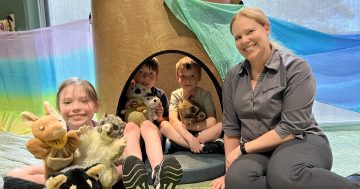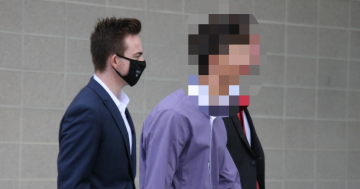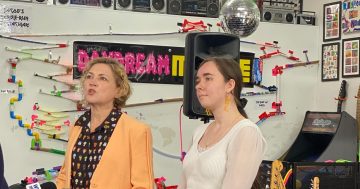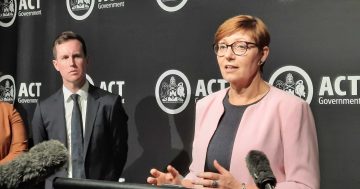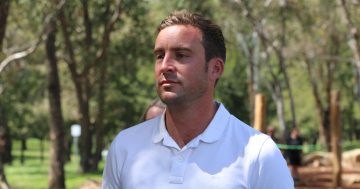Speaking Out for Autism Spectrum Disorders (SOfASD) asked a series of questions (see here or click to here to download the question document) about how the different political parties in the ACT election would improve outcomes for people affected by ASD in the ACT if they were elected. We received responses from all the major parties. SOfASD considered the responses and has released its analysis below.
Overall, the responses were very disappointing. The candidates shows very poor understanding of the issues and most did not even recognise that people with ASD (PwASD) experience extremely inequitable life outcomes; nor did they show that they want a more equitable outcome for PwASD.
ACT Labor’s response (click here) was the first but also the most disappointing. Labor has no plan to improve outcomes for people affected by autism spectrum disorders. It points to its track records as if it is a good record. The evidence shows Australia has abysmal outcomes for people with a disability, and PwASD have far worse outcomes. The Prime Ministers said that ACT voters should look at candidates’ track records: ACT Labor’s track record in relation to services and support for PwASD and the consequent outcomes are a total disgrace. ACT Labor denies there is a need to do better.
The Greens response (click here) showed an interest in people with a disability but clearly they do not yet have a plan to improve outcomes for PwASD.
The Liberals response (click here) also lacked real commitment to PwASD across their age range. However, the Liberals have a plan (click here) to create what they call a “school” for pre-school children with ASD. This will benefit young children with ASD (most of whom have not yet been diagnosed). Their plan is vague and we have not yet seen their funding plan … but it is a significant start.
Of the minor parties, only the Motorist’s Party responded (click here).
SOfASD expects that whoever wins the the 2012 ACT election will be much more interested in the voices of people affected by autism spectrum disorders than past ACT Governments have been. The ABS estimates there were 1,400 people in the ACT diagnosed with autism. Nationwide, autism diagnosis more than doubled from 1998 to 2003 then again from 2003 to 2009. PwASD are a major section of Australia’s most vulnerable; politicians cannot continue to ignore most of their needs or pretend they don’t know outcome for PwASD are abysmal.
Below is a letter to people affected by autism spectrum disorders in the ACT discussing the responses that SOfASD received.
http://sofasd.org.au/sofasd/sites/sofasd.org.au/files/20121016%20SOfASD%20commentary.pdf












